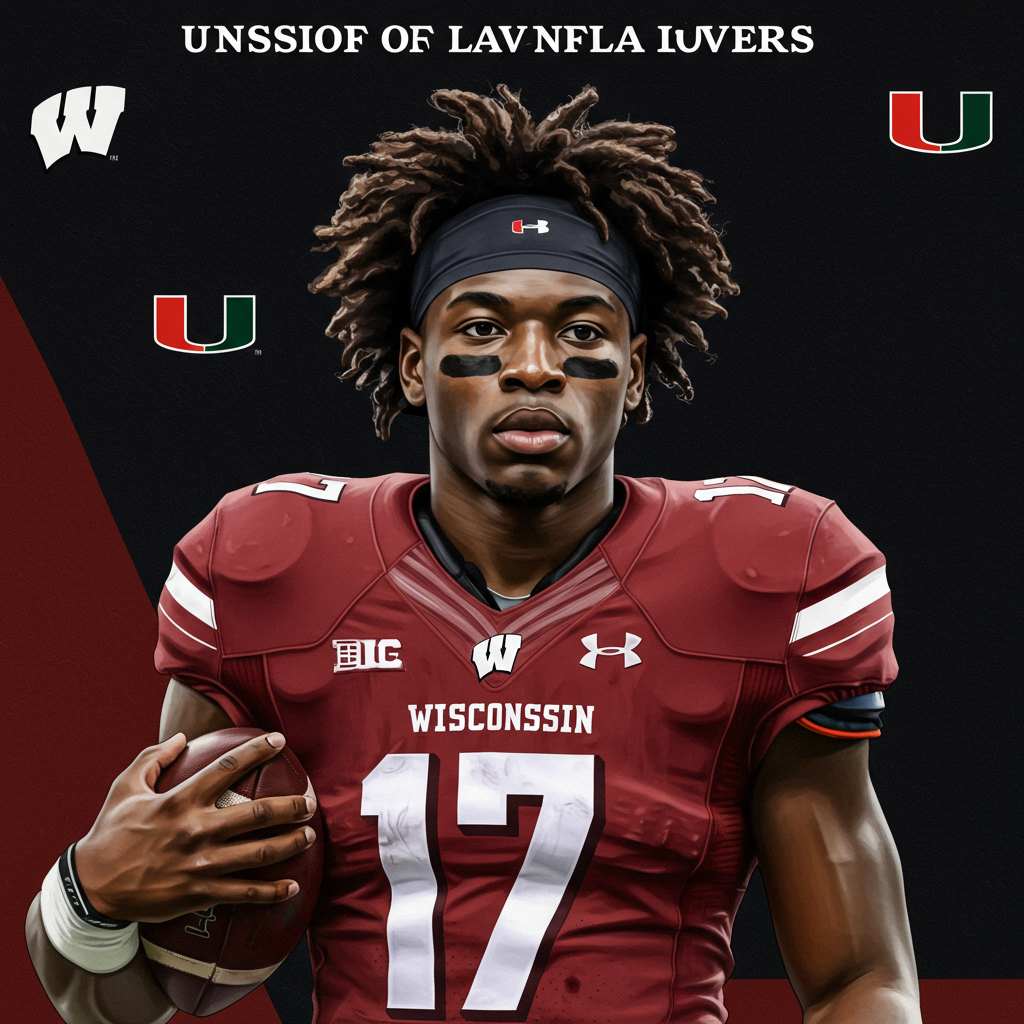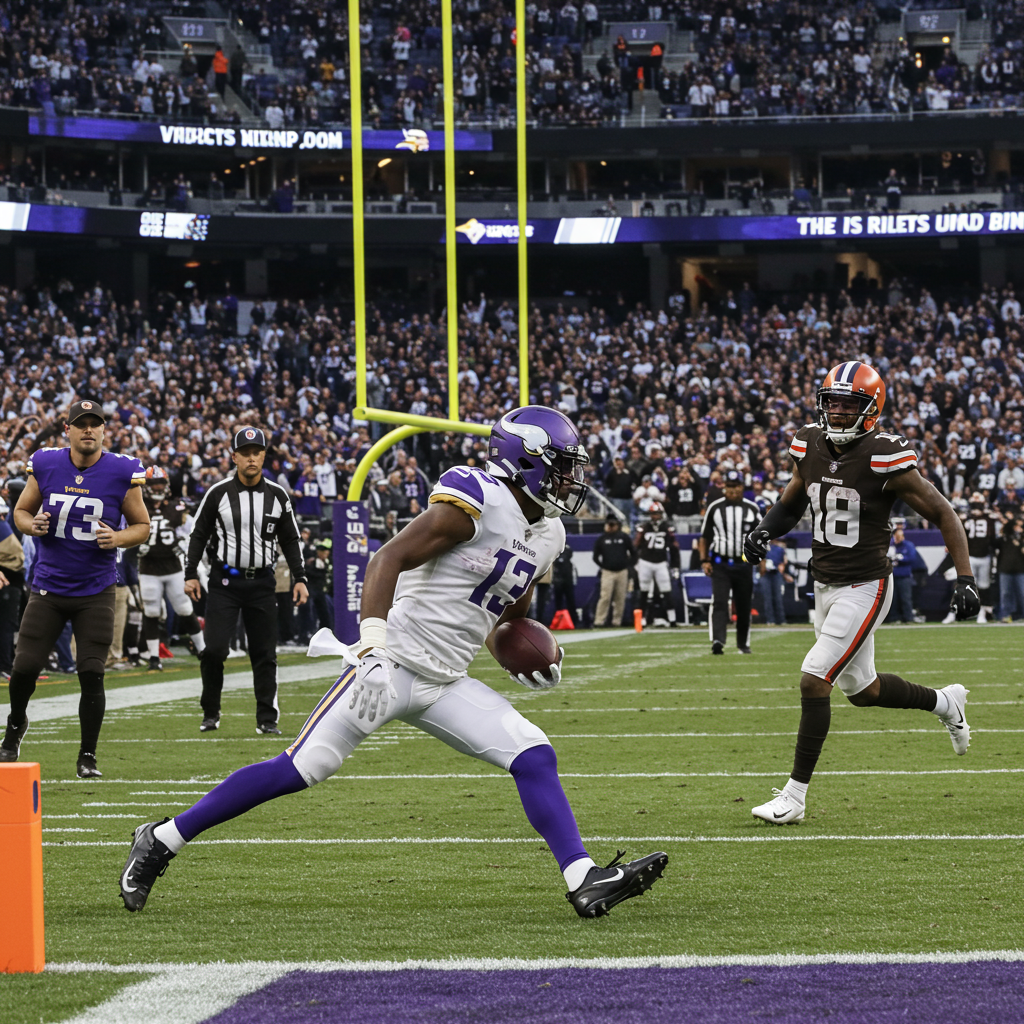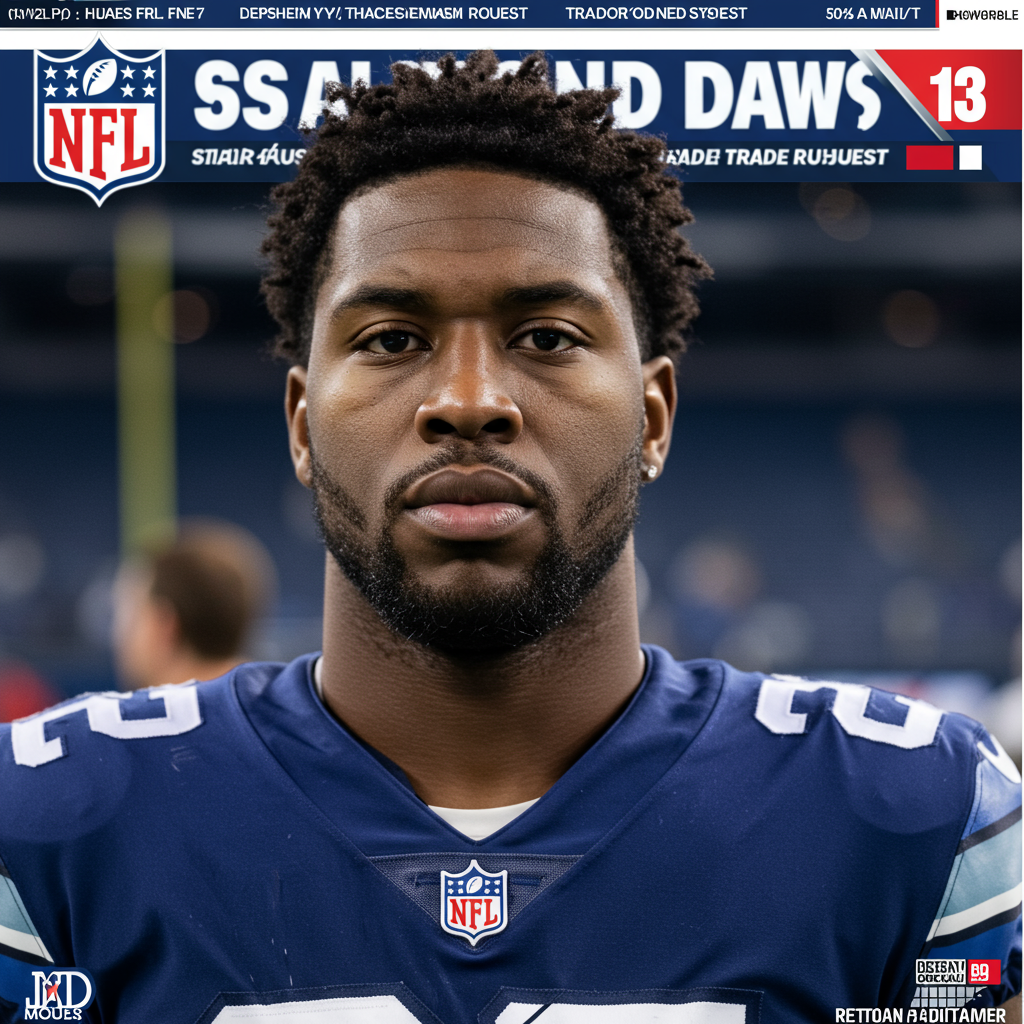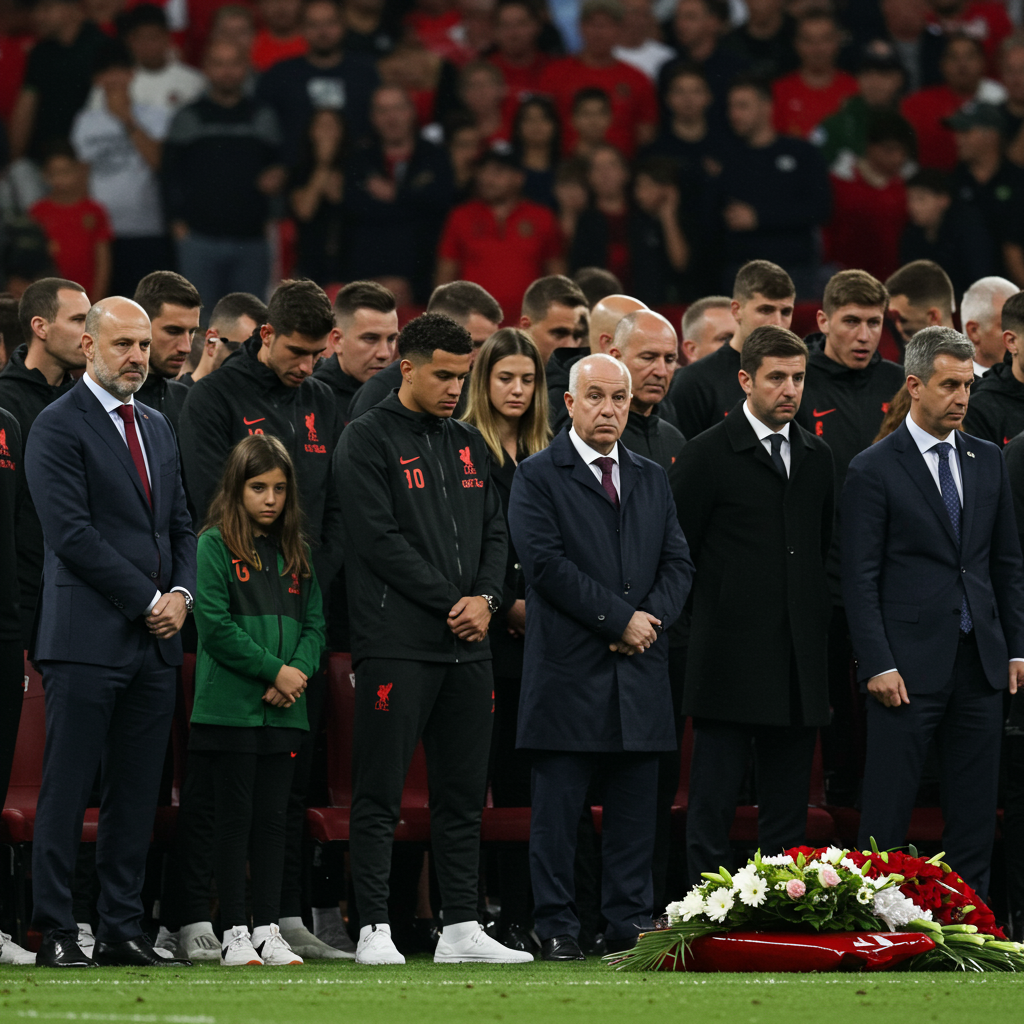A groundbreaking legal battle is unfolding in college football, setting a potential precedent for the era of Name, Image, and Likeness (NIL) and the transfer portal. The University of Wisconsin and its NIL collective, the Varsity Collective (also referenced as VC Connect), have filed a joint lawsuit against the University of Miami, alleging the Hurricanes illegally tampered with former Badgers player Xavier Lucas.
Filed in Dane County Circuit Court in Wisconsin on June 20, the 23-page complaint is described as a “first-of-its-kind” action. It directly challenges the alleged conduct of another university in inducing a student-athlete to breach a financial contract related to their affiliation with the school.
Allegations at the Core of the Lawsuit
At the heart of Wisconsin’s claim is a two-year revenue-share agreement Xavier Lucas, a freshman defensive back, signed with the university and its collective in December 2024. This contract, designed to take effect on July 1, 2025, was contingent on the approval of the recent House v. NCAA settlement, which allows schools to directly compensate athletes.
According to the lawsuit, this agreement granted Wisconsin nonexclusive rights to use Lucas’s NIL and, crucially, included terms prohibiting him from making commitments to enroll or play sports at other institutions. Wisconsin asserts it had a reasonable expectation that Lucas would remain part of the Badgers football program under this binding deal.
However, Wisconsin alleges that shortly after Lucas signed this agreement – specifically in December 2024 and January 2025 – representatives from the University of Miami engaged in “impermissible contacts.” The complaint details a specific allegation: a Miami staff member and a prominent alumnus visited Lucas and his family at a relative’s home in South Florida. During this meeting, it’s claimed that Miami offered Lucas a “more lucrative” compensation package than his Wisconsin deal to entice him to transfer.
Wisconsin is suing Miami for tortious interference, arguing that Miami knowingly and intentionally compelled Lucas to break the terms of his contractual commitment to the Badgers. The lawsuit seeks unspecified monetary damages for the substantial pecuniary and reputational harm allegedly caused to Wisconsin and its collective, as well as a court declaration that Miami’s actions constituted wrongful tampering.
The Transfer Portal Twist
The situation became publicly contentious when Lucas announced his intention to transfer shortly after signing the Wisconsin NIL contract in December 2024. Wisconsin officials subsequently refused Lucas’s multiple requests to officially enter his name into the NCAA transfer portal during the December window, citing the binding two-year NIL agreement he had just signed.
Despite being blocked from the portal, Lucas unenrolled from Wisconsin. He subsequently enrolled at the University of Miami in January 2025, reportedly reclassifying to the spring semester, and participated in the Hurricanes’ spring football practice. This move allowed him to bypass the typical NCAA requirement of entering the portal to communicate with other schools and compete immediately elsewhere. An NCAA statement in January noted that its rules did not prevent a student-athlete from unenrolling and enrolling elsewhere to compete immediately, a point that surprised some industry observers given the usual transfer portal protocols.
Lucas’s attorney, Darren Heitner, who represents him in this matter, previously indicated he might file an antitrust lawsuit against Wisconsin over the portal blocking, questioning the legality of the university withholding Lucas from the database and the portal system itself. Heitner also argued that Lucas had not received any money from the Wisconsin NIL deal and therefore owed the school nothing, implicitly questioning the contract’s enforceability before direct payments began. Heitner has declined to comment directly on the lawsuit itself but confirmed Lucas still intends to play for Miami.
Wisconsin’s lawsuit also reportedly questions the initial reason Lucas gave for seeking a transfer (a family-related issue), citing information later provided by a relative that was “inconsistent” with that explanation.
Why This Lawsuit is a Potential Game-Changer
University officials and conference leaders view this lawsuit as a critical test of the enforceability of athlete contracts and anti-tampering measures in the rapidly evolving landscape of college sports. With the advent of significant NIL deals and increased player movement via the transfer portal, concerns about improper inducements and poaching between programs have escalated.
Wisconsin stated that while it “reluctantly” filed the suit, it stands by the position that “respecting and enforcing contractual obligations is essential to maintaining a level playing field” and ensuring “integrity and fundamental fairness.” The lawsuit argues that student-athletes’ newfound NIL rights would be “rendered meaningless if third parties are allowed to induce student-athletes to abandon their contractual commitments.”
The Big Ten Conference has publicly backed Wisconsin’s legal action. In a statement, the league emphasized the importance of upholding contractual obligations and described Miami’s alleged actions as “irreconcilable with a sustainable college sports framework.”
Beyond the specific case of Xavier Lucas, who recorded 12 tackles, an interception, and a sack as a freshman for Wisconsin in the previous season, the lawsuit reportedly alleges a broader pattern of tampering by the Miami program, citing another instance involving a different unnamed player.
This unprecedented legal challenge is poised to test the boundaries of university rights, athlete contracts, and anti-tampering rules in the post-NIL, transfer-heavy era. The resolution of this case could establish a significant legal precedent for future disputes and shape how athlete-school relationships are managed moving forward. Representatives from the University of Miami have not yet responded to requests for comment on the lawsuit.




